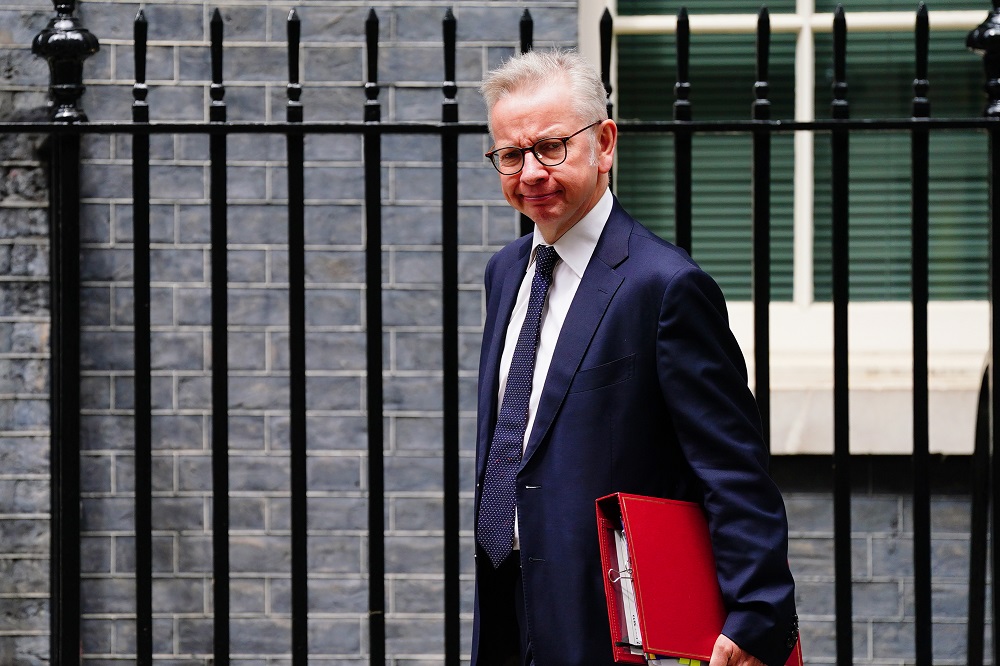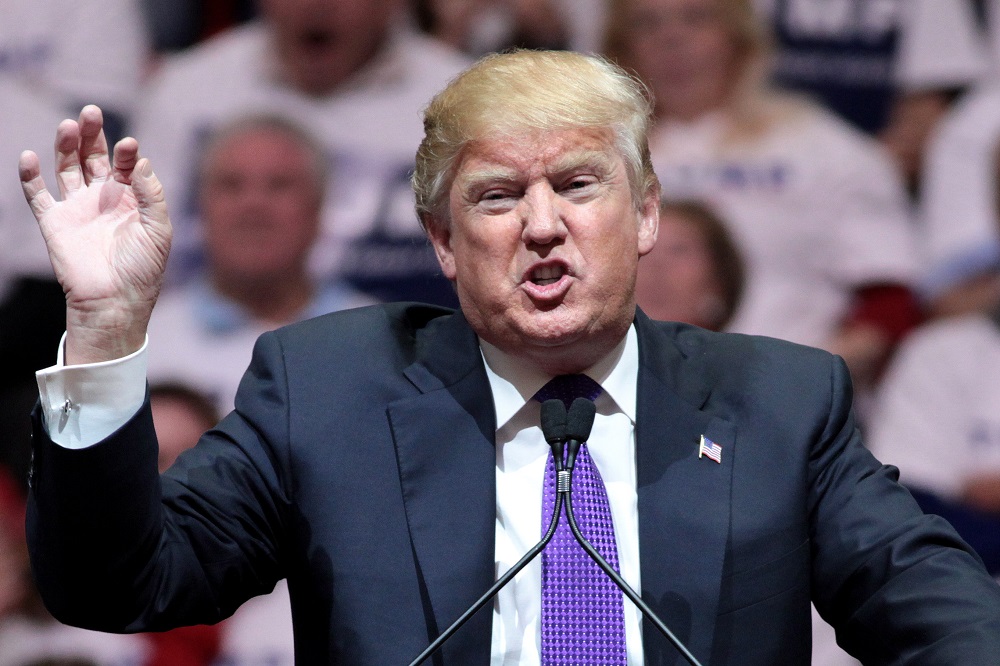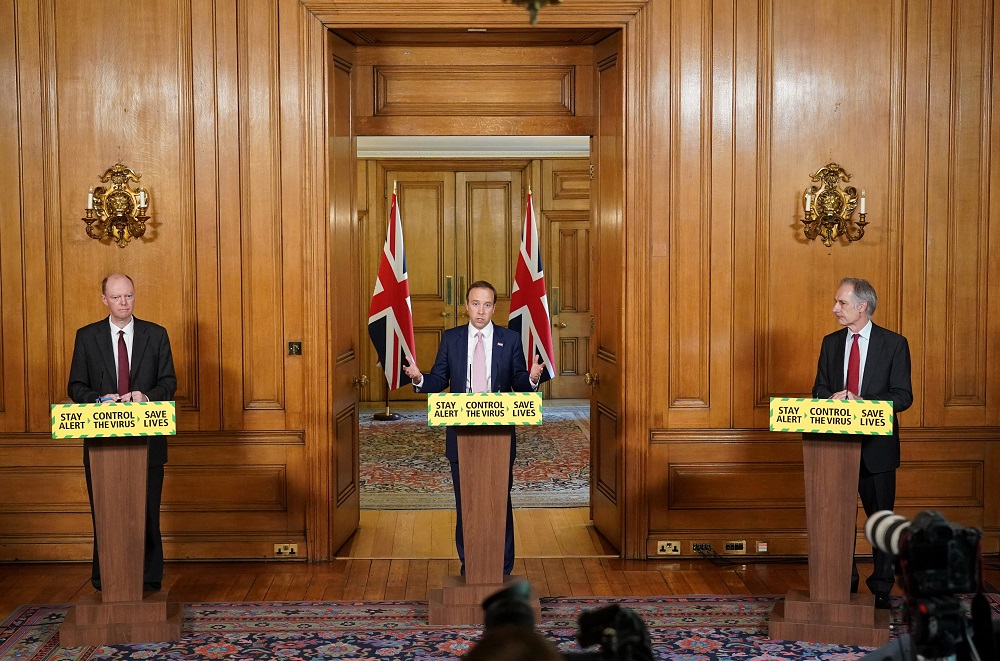Why so many people have had enough of experts – and how they can win back trust

Cara Reed, Senior Lecturer in Organisation Studies at Cardiff Business School, Cardiff University
When senior politician Michael Gove announced in 2016 that the public had “had enough of experts” in the lead up to the Brexit vote, it highlighted a growing trend for questioning the authority and power of experts.
Only last month, the home secretary, Suella Braverman, took to the stage at the National Conservatism conference to rail against “experts and elites”. Such comments form part of a broader pattern where experts and their authority have faced significant challenges and threats from various economic, political, social and cultural sources.
An expert is conceptualised as someone with knowledge accrued in an accredited fashion, who then operates with a high degree of independence as a result of that knowledge and skill. Their power and influence has traditionally played an important role in society – but this authority is increasingly being questioned from many sides.
At the beginning of the pandemic, there was potential for a restoration of trust in expert authority. Politicians and international bodies talked about the importance of using expertise as the most viable path to navigate the COVID crisis. The public also sought more communication from scientific experts.
Even leaders such as Donald Trump and Boris Johnson, who had previously questioned the credibility of experts, appeared alongside medical professionals during press conferences to reassure the public.
But as the pandemic progressed, the authority of experts declined – with a few noteworthy exceptions such as New Zealand, South Korea and Senegal, which maintained their reliance on expertise to guide their decision-making processes.
My new book, co-authored with Michael Reed, identifies three broad explanations for this decline which we call delegitimation, demystification and decomposition.
Delegitimation
One way the authority of experts diminishes is when societal institutions and structures that have traditionally supported them – such as governments, media and business – themselves face criticism, in particular from populist political movements.
Technology-driven advancements such as social media have accelerated this trend. Social media democratises communication and provides global platforms for those who want to question established societal structures and institutions.
This in turn can lead to these organisations turning on their expert advisors, in addition to populist groups using alternative platforms to directly express their scepticism of experts.

There were examples of this trend during the pandemic. Figures such as Trump and then Brazilian president Jair Bolsonaro openly challenged and dismissed experts. Trump’s position changed as COVID was not quickly “solved”.
The spread of online disinformation and misinformation amplified the decline of expert authority. This led to the emergence of “culture wars” centred around virus control, including mask wearing.
Demystification
When people learn more about experts, in terms of who they are, what they do and who they serve, their power can again diminish. Individual experts are increasingly being watched and criticised as they become more closely associated with institutions such as government, corporations and banks. As a result, the lines are increasingly blurred between independent experts and organisational agendas.

The UK government used the country’s leading medical experts such as Chris Whitty and Patrick Vallance to support its political rhetoric during the pandemic. They stood beside the prime minister at press conferences, but were often scapegoated for government decisions that were more politically motivated than based on medical expertise.
Giving evidence at the COVID inquiry, Whitty warned that threats to independent experts could undermine responses to disasters in the future:
We should be very firm in saying that society very much appreciates the work of these people [experts and scientists], who put in considerable amounts of time … We, society, need to ensure scientists know their service is valued.
Decomposition
Finally, the authority of experts is also declining because there are now more occupations claiming expert status, including management occupations such as human resource management, marketing and project management. While this can democratise expertise, it can also challenge the primacy of the traditional accredited sectors such as law, medicine and accountancy.
The pandemic has highlighted the fragmentation of expert occupations. Many different groups were involved in tackling the crisis, with multiple ideas being debated in public. This led to people questioning expert authority, as they saw different experts giving contrasting advice on issues such as mask use, herd immunity and vaccine efficacy.
Rethinking how experts interact
So, how can experts maintain their authority and power in a world where people are increasingly sceptical of them? We argue the authority and power of expertise can be maintained by rethinking how experts interact with governments and the public.
Traditionally, experts have had autonomy to control their work, but this has led to a lack of trust. In future, experts will need to be more transparent and accountable to the public.
Instead of the traditional, top-down view of expert authority, we can imagine a more reflexive, dynamic and contested form of expert power that is open to other standards. This would broaden decision-making processes to wider audiences, and involve a continual public dialogue between experts and non-experts.
At the same time, experts will need to work more closely with governments and other bodies to ensure their expertise is taken into account.
None of this will be easy. It requires experts to engage with a broader range of people, some of whom they may have had little previous concern with. It may involve persuading others of their expertise, rather than assuming it as a given. And the power dynamics between experts and other people may alter, meaning there is greater potential for experts to be co-opted to other agendas.
Ultimately, whether we have really “had enough of experts” is questionable. But how these experts secure their power, and convince others of their authority, requires a rethink.
This article was first published on The Conversation
![]()
Support our Nation today
For the price of a cup of coffee a month you can help us create an independent, not-for-profit, national news service for the people of Wales, by the people of Wales.







Gove and his co talking-heads with the BBC 4 radio team on Burke’s ‘Moral Maze’ spent years separating Radio 4 listeners from their senses ending every program by ridiculing the experts and praising the radicals of left and right on the dark side of the moon…the moral being, never listen to a coke head…in every way the BBC news dept unpicked the moral fabric of this country and look where we are, way past the u-bend…
Tell you what I’m fed up with expert politicians running this country the incompetence is absolutely shocking.
I’m sorry to tell you, but politicians are not ‘experts’. There is, to the best of my knowledge, any form of formal training or professional competence examination for being a politician. Some of the politicains we have may have some professional competence in some areas, with Law being common, but most do not.
<sarcasm>Some of them even passed the Oxford PPE course, doesn’t that entitle them to call themselves experts?</sarcasm>
What it looks like to me, is that senior Tories are acting like they are Oxford PPE students playing some kind of role-playing game of being in government, forgetting they are actually in office in real life.
It was tongue in cheek pete 😉.
Covid exposed both the misuse of experts – politicians using them as props – and abuse by experts, exaggerating their analyses and straying to political judgments. Prof Neil Ferguson was outstanding as the latter, with his claim from ‘modelling’ of 3 million Covid deaths, used to panic the PM into lockdown. Whitty and Vallence were close to the politicians and manipulated the ‘expert’ SAGE group. Gething and Drakeford’s use of Welsh experts was worse, taking decisions strongly influenced by CMO Frank Atherton who was hand in glove with the other CMOs, and giving their experts sub-tasks. They trumpetted the Swansea… Read more »
The far right in the UK including Tóraidhe’s such as Gove made “experts” and the “elite” a nebulous straw-bogeyman in a naked, shameless populist plunge into gutter politics during the Brexit campaign. Little wonder the gutter commentariat slithered all over said bogeyman during the Covid crisis. All effective diversionary tactics to keep folk from noticing that severe ideological cutting of the state and the transfer of wealth to the already wealthy is an utter disaster to society and obviously exacerbates the effects of crises. That people fall for it says much of our society. We are truly “Thatcher’s children.”
Chris Whitty, Patrick Valance and Jonathan Van-Tam stood alongside Boris Johnson, and appeared sometimes to defer to him. Either they were concerned they would be sidelined entirely if they challenged him publicly, or they are secretly Tories.
It would be better to have had TV briefings led by medical experts rather than non-expert politicians.
Experts…what’s the alternative, Red Wall Tory MPs led by Lee Anderson telling Sunak what to do, how to run a country…into the gutter…with Braverman calling the shots. We will be begging for experts…
Two things that need to be understood and accepted by the public.
You have a a right to hold an opinion but your opinion is not necessarily equal to a different opinion and the less you know and understand about an issue the greater the probability your opinion on it is closer to garbage than it is to being a gem.
Answers based on science can be uncertain and can change with new evidence/discoveries, if you crave certainty over knowledge choose to be guided by the utterances of politicians and religions.